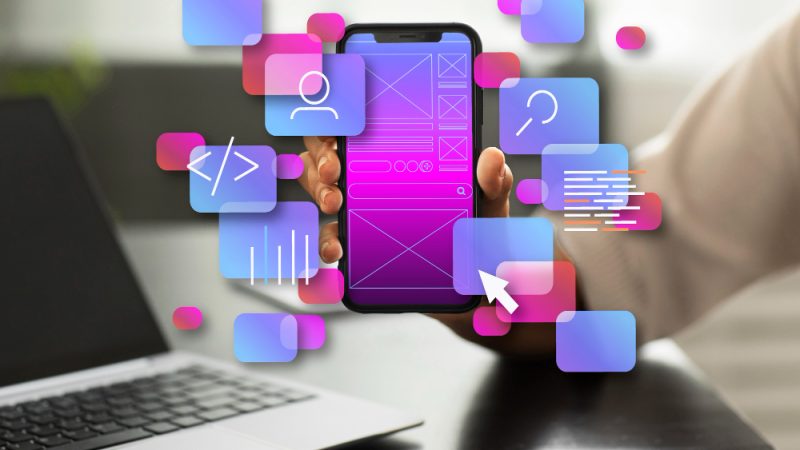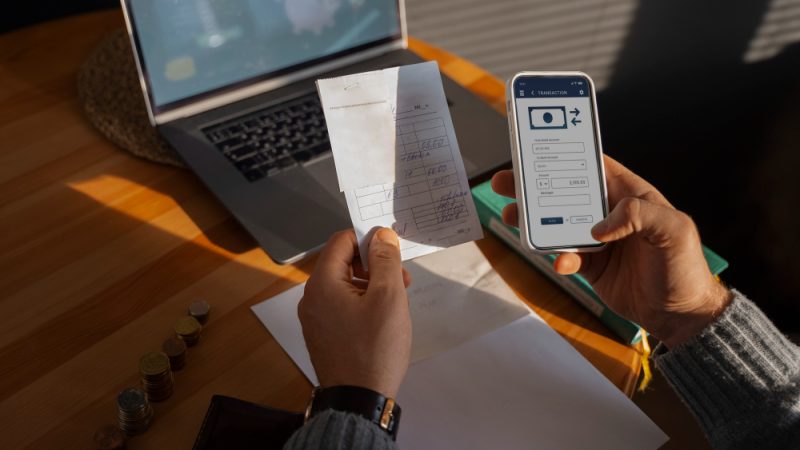Does a Screen Protector Ruin an iPhone?

As smartphones become increasingly integral to our daily lives, many consumers search for ways to protect the hardware in order to make it last as long as possible. So, many of us turn to screen protectors to help prevent scratches and cracks that may impair device usage—but there is also a common theory that screen protectors do more harm than good. Let’s take a closer look at whether or not screen protectors can ruin your iPhone.
Does a Screen Protector Ruin an iPhone?
In most cases, a screen protector will not ruin your iPhone. In fact, it may prevent severe damage that could impact the device’s functionality. Many experts recommend getting a screen protector if you are prone to dropping your phone or you simply want it to last as long as possible.
A screen protector is a thin sheet of plastic or glass attached to the screen of a smartphone to prevent scratches or cracks. This thin layer acts as a buffer between your phone and the outside world, absorbing damage so it doesn’t impact, damage, or even shatter the screen itself.
Not all screen protectors are created equal, so be sure you purchase the right product for your device and follow the instructions carefully to be sure it’s installed correctly. As long as you do your research to find a quality product and install it correctly, it is unlikely to cause any damage to your iPhone. However, that doesn’t mean it’s a complete solution, and if you want full protection, you may want to invest in a case and other accessories.
Do You Need a Screen Protector?
It all depends on your personal preferences and how you use the device. Smartphones are no longer limited to just being communications tools—they can be used for everything from navigation to operating drones and controlling smart devices. So, the way you use your iPhone and how comfortable you feel exposing it to the elements will determine whether or not you need a screen protector.
While your iPhone will function just fine without a screen protector, it won’t be as resistant to scuffs and scratches as it could be. If you’re confident in your abilities to keep your phone out of harm’s way, then a screen protector may not be necessary. But a screen protector is recommended if you are like most of us and use your iPhone as an all-purpose tool to aid in dozens, if not hundreds, of tasks throughout the day.
For instance, if you use your phone to track your heart rate when you go jogging, a screen protector can come in handy if it falls out of your pocket while you’re running. Or, if you frequently use your iPhone to navigate around town, a screen protector can help prevent the screen from dust, smudges, and scratches. Whether you’re using your iPhone to complete daily chores or run an online business, a screen protector will help you avoid damaging the device in the process.
While keeping your iPhone intact and well maintained without a screen protector is still possible, it can make doing so much simpler. Most consumers are wise to invest in a basic screen protector to prevent unnecessary wear and tear, mainly because there are few downsides in doing so.
Pros and Cons of a Screen Protector
To help you decide whether a screen protector is right for you, here’s a look at a few of the pros and cons of putting one on your device.
Screen Protector Pros
Maintains Structural Integrity:
Screen protectors will help preserve the structural integrity of your phone. They protect against scratches, cracks, and shattering to ensure your screen lasts as long as possible. They will also protect against the oils that are naturally secreted by your fingertips, which can ultimately impair the functionality of your phone. In other words, screen protectors are known to increase the device’s longevity and prevent it from breaking or decaying over time.
Cost Effective:
Most screen protectors are surprisingly inexpensive, and you can often find a quality product for less than $15. They are also cheap and easy to replace if you feel it’s time for a new layer. When you compare that to the cost of replacing your screen or insuring your phone, it’s a much more affordable solution.
Long Lasting:
Screen protectors are incredibly durable and can often outlast the device itself. Unless you drop your phone face down on the pavement, you will likely never have to replace your screen protector unless you choose to, which makes them easy to install and use.
Screen Protector Cons
May Impact Screen Sensitivity:
Some consumers claim that screen protectors inhibit the user experience because they decrease the screen’s sensitivity. If you’ve ever gotten an unexpected call and struggled to answer it because the screen isn’t reacting to your touch, you understand this dilemma. This isn’t true of all screen protectors and largely depends on how you install it and the thickness of the glass or plastic. But there’s no denying that stacking an excessively thick layer of material on your screen will impact the sensitivity.
Not a Perfect Solution:
While screen protectors offer many benefits, they won’t protect your phone from everything. If you drop it on a hard surface or spill a high volume of liquid directly on the screen, you can’t expect your screen protector to prevent that damage. According to iFixit, a company that sells parts for repairing electronics, the majority of broken smartphone screens come from an impact around the corners and edges, which screen protectors are not as effective at preventing. So, if you want to be sure your iPhone lasts as long as possible, you may want to invest in a case and take plenty of precautions, even with a screen protector.

Is a Screen Protector Worth It?
The bottom line is that a screen protector is worth it for most people. While they may not be a perfect solution, they offer plenty of added protection and few downsides. Plus, they’re cheap, durable, and easy to install, which makes a screen protector a smart purchase for anyone looking to increase the longevity of their iPhone.




